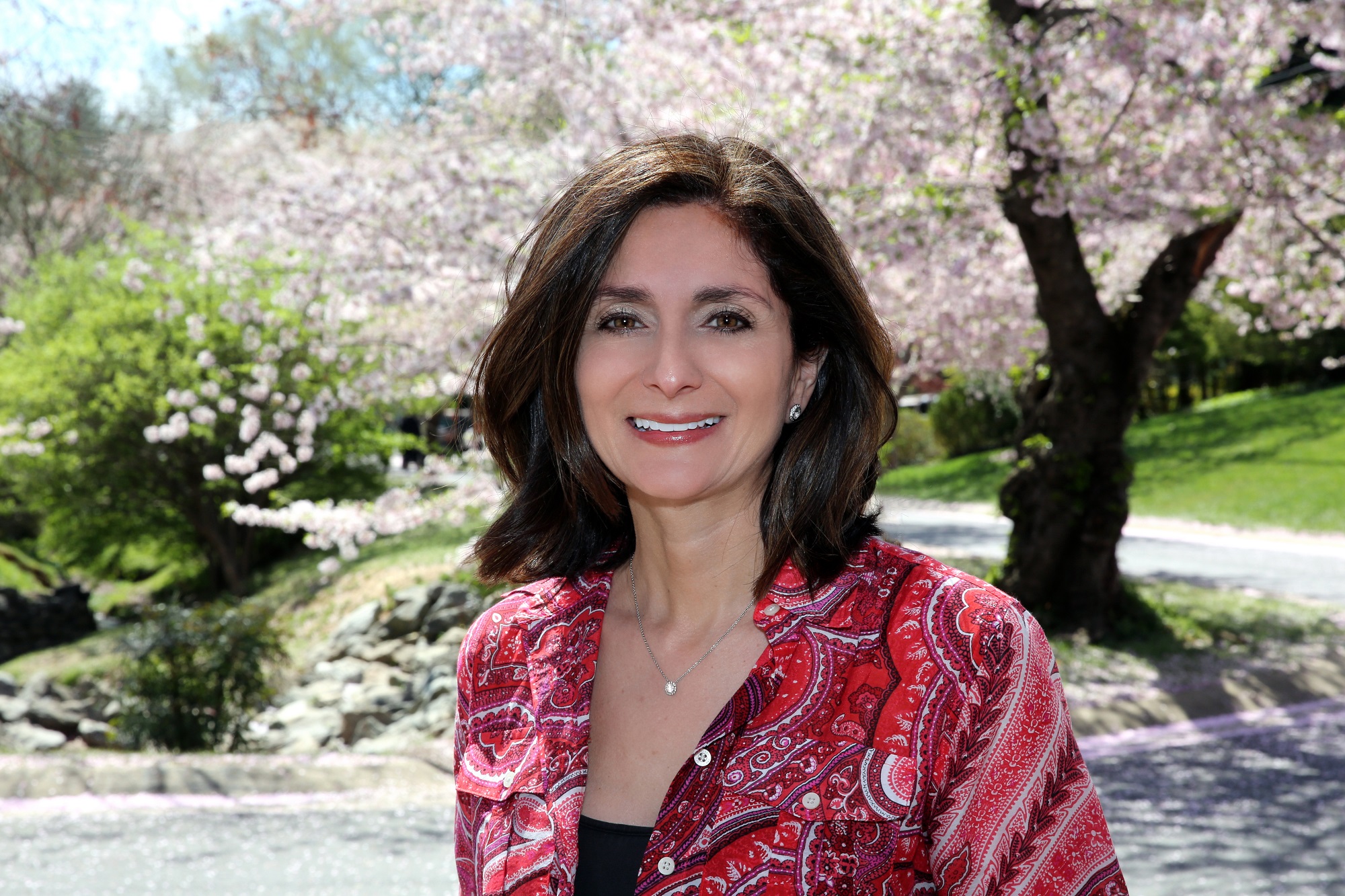Today, I began my day by lecturing at GW on alternative forms of conflict resolution, and someone asked me whether this is all I do. I laughed as I explained that family law attorneys rarely play just one role in their practice. Here is a quick run down of what a full-service family law attorney can do:
1. Negotiation/Litigation of all aspects in a divorce or custody case;
2. Prenuptial or Separation Agreements;
3. Mediation;
4. Collaborative Divorce; and
5. Child Counsel.
Most of the roles listed above should be self-explanatory, except perhaps for the last one. Sadly, according to various national studies about 20% of the family law cases filed with the courts are considered “high conflict.” When parents cannot agree on custody, the courts can order custody evaluations to be done by mental health professionals and/or counsel to represent the children’s best interests in the legal proceedings. I just recently completed the requirements so that I can now begin getting appointments as counsel for children in contested divorces.
Until I had all the other trainings in place, I do not think I would have felt competent to take on the role of a child counsel in high conflict cases. I am confident that the skills I have learned in my prior trainings will be very useful in these litigous situations, but what many people do not realize is that in Maryland and DC, attorneys are not currently required to take any further Continuing Legal Education (“CLE”) classes after they pass the bar. While most other professionals need to complete a certain number of CLEs in order to maintain their licenses, somehow lawyers in my area do not need to take any further trainings in order to remain a member of the bar in good standing– amazing.
For those of us who have opted to be court-appointed mediators, however, the MD courts do require a 40-hour training and minimum of 3 years experience. To be a Collaborative Professional, in addition to mediation training, you need to do a 3-day class, and then most practice groups require regular meeting attendance and 1 additional class per year. Furthermore, to be a Child Counsel, there is another 6.5 hour training that Maryland requires in addition to a minimum of 3 years in active family law practice.
Not everyone will want to go through the number of hours I have spent over the last five years to get all these additional trainings, but those of us that do go through these efforts do it because we love what we do– we love helping families in various capacities. We also tend to enjoy learning; we read psychology books for fun, and we volunteer a tremendous amount of our time to hopefully make our communities better.
By Regina A. DeMeo, Esq.








